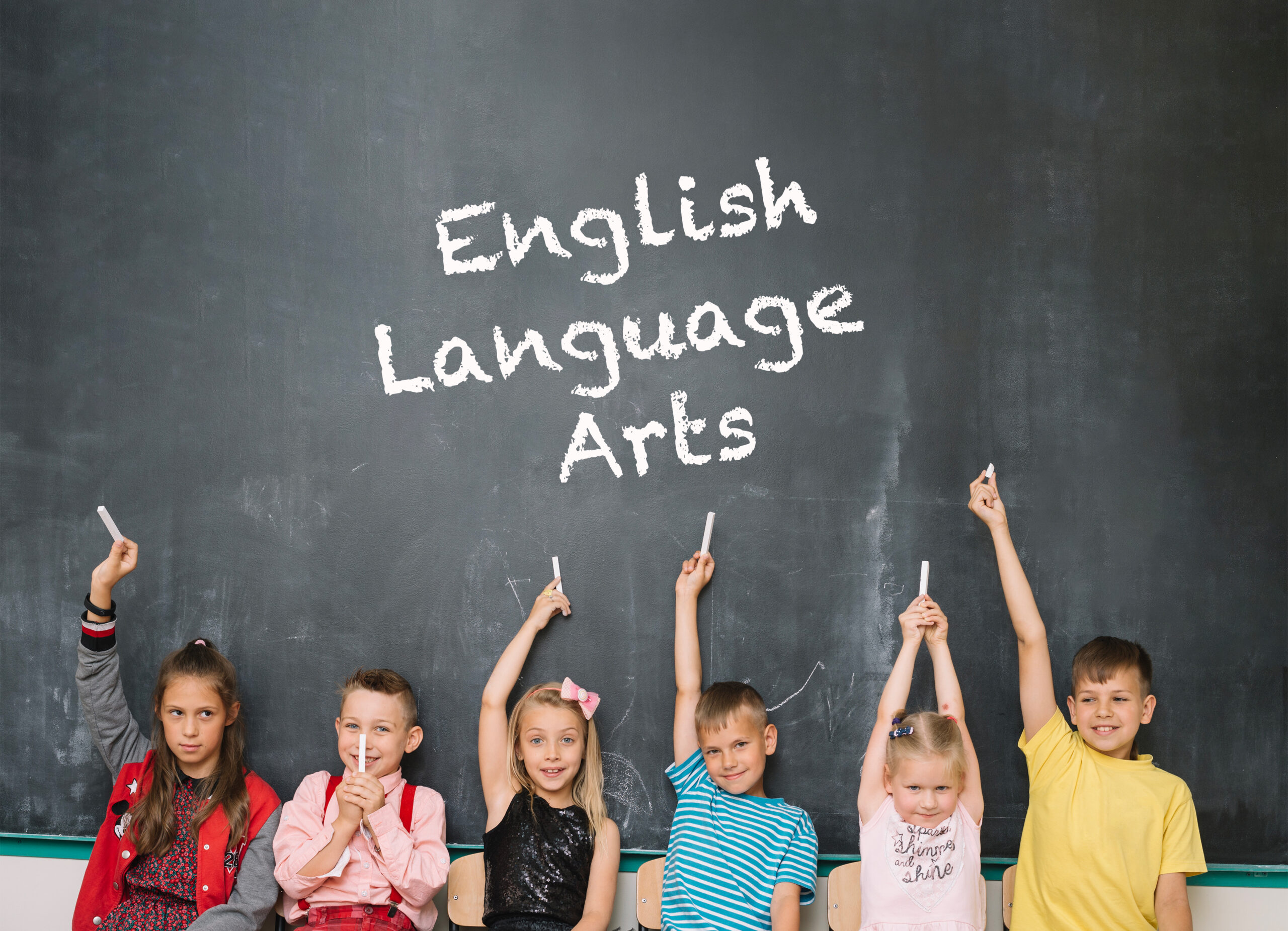In speaking with our parents, we have observed that forward-thinking families are preparing their children with English Language Arts (ELA). However, most families don’t understand that there are different “Englishes”. They mistakenly believe that studying at any of the numerous learning centers for conversational English, IELTS, and TOEFL is good enough.
Among the different “Englishes”, English Language Arts is defined by the U.S. Common Core as the subject that “asks students to read stories and literature, as well as more complex texts that provide facts and background knowledge in areas such as science and social studies. Students will be challenged and asked questions that push them to refer back to what they’ve read. This stresses critical-thinking, problem-solving, and analytical skills that are required for success in college, career, and life.”
In Vietnam, it is not hard to find a place for studying English. However, we have found that “English Language Arts” remains a new concept to most parents. As soon as your child can use everyday conversational English, help her advance her English to prepare for an international academic environment. Challenge her to learn just like a native American student with English Language Arts.
In reality, studying only this basic English sets students up for failure in any international college or work environment. In this article, we highlight how English Language Arts is different from more basic English. And why any student preparing for global study or work needs to hone ELA skills.





















